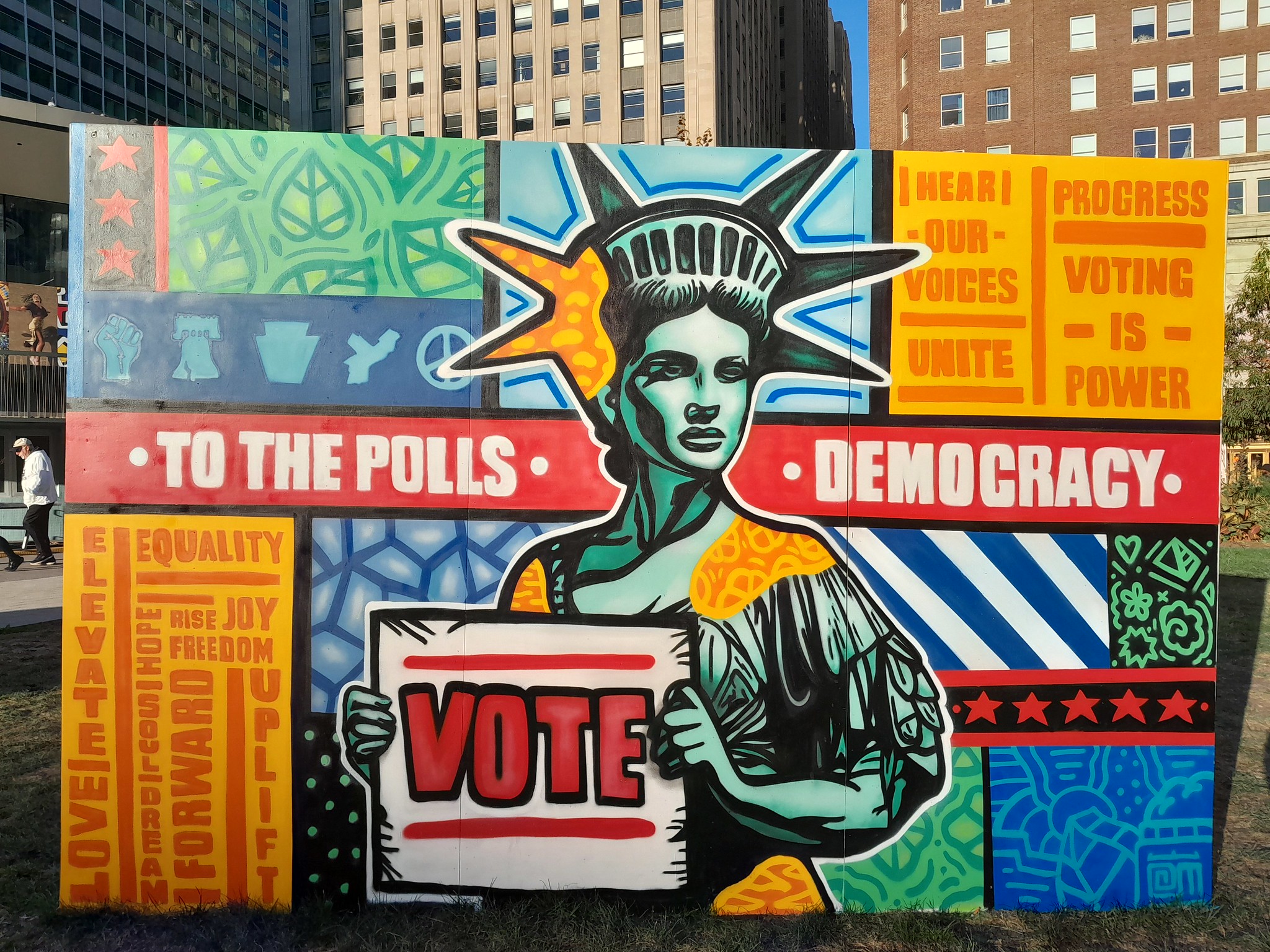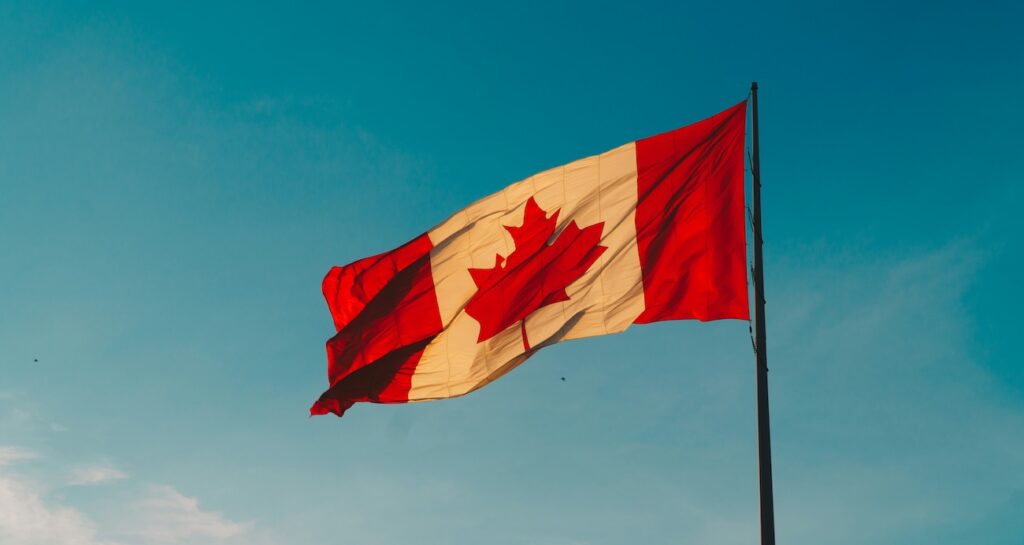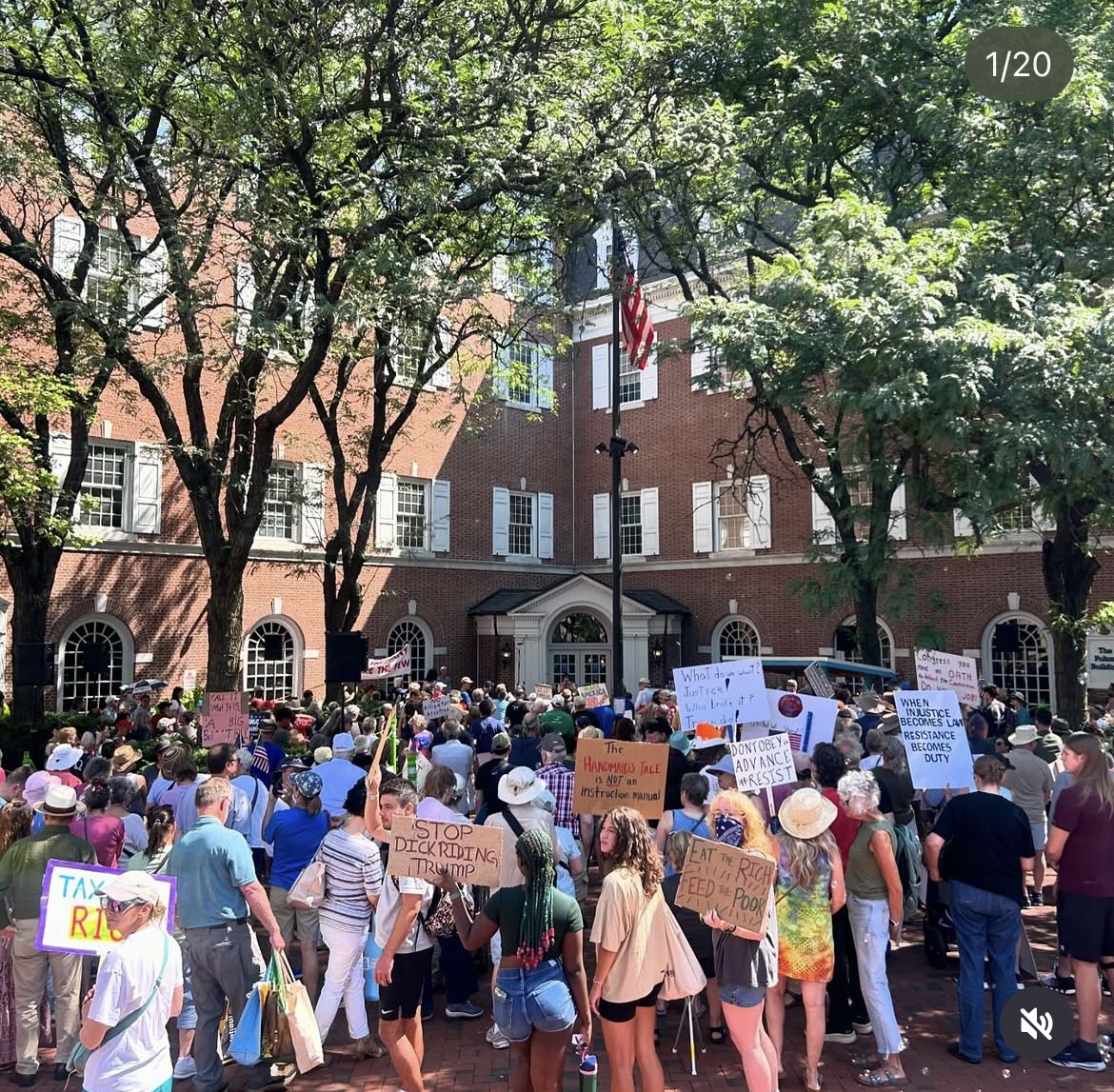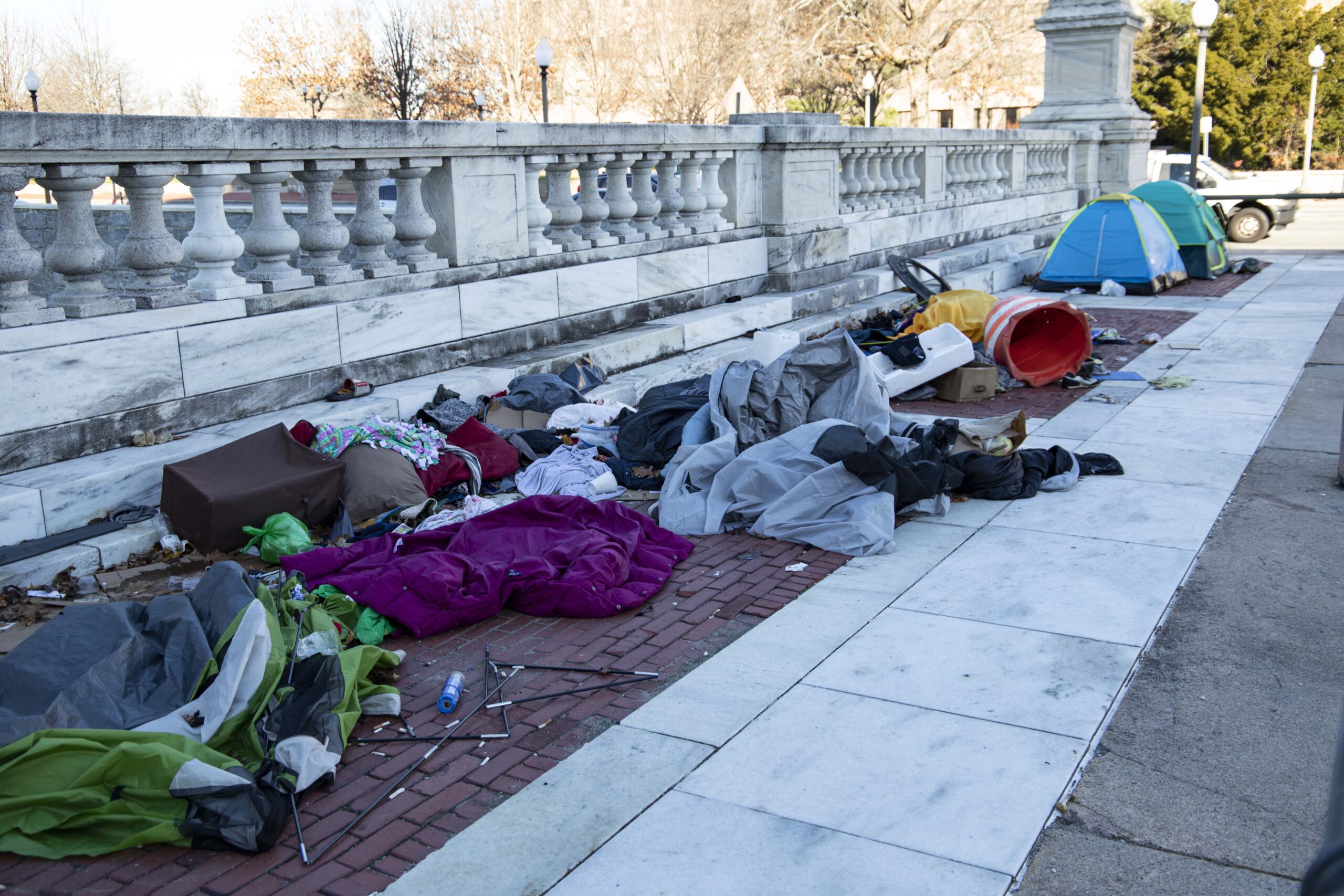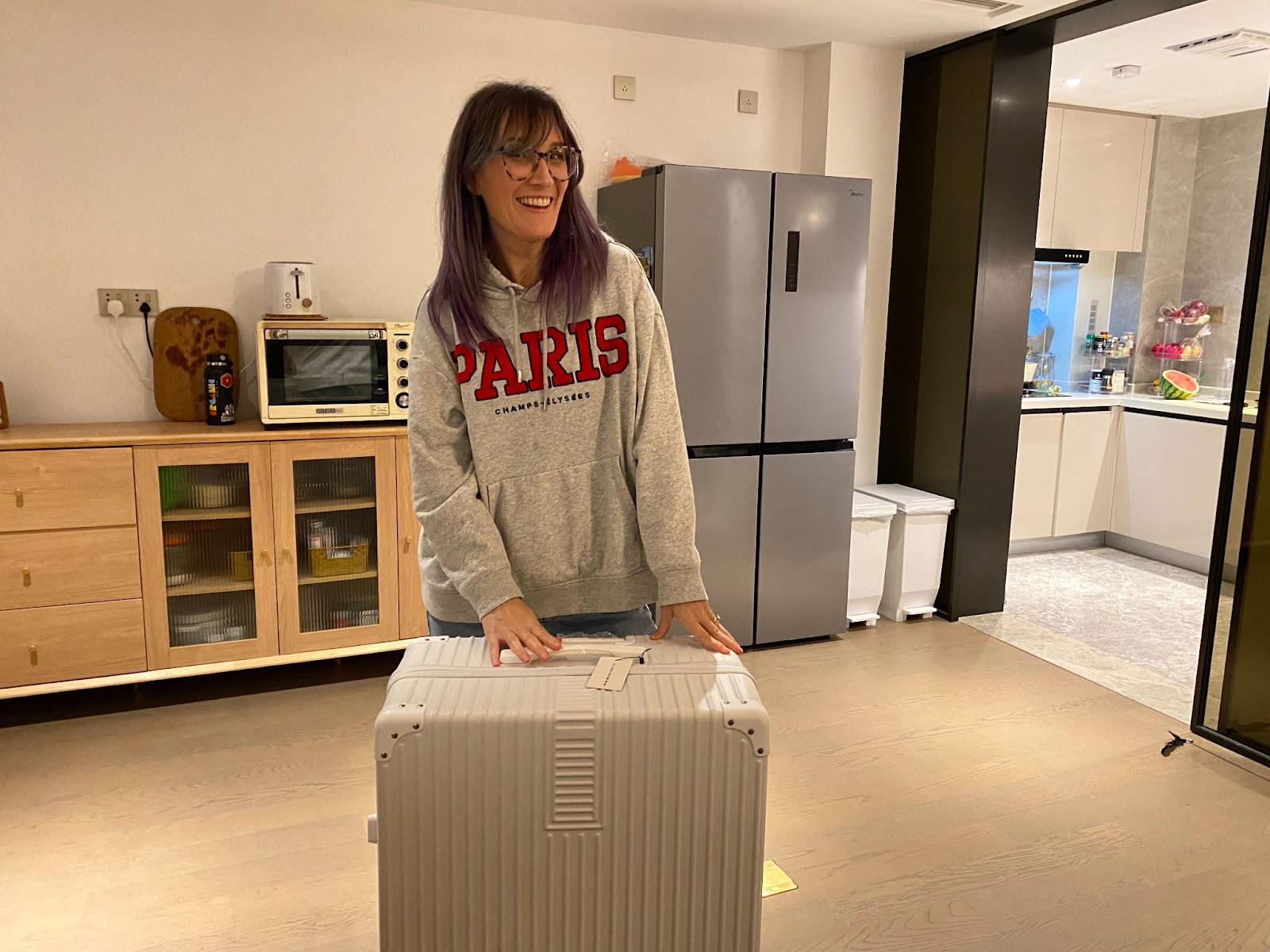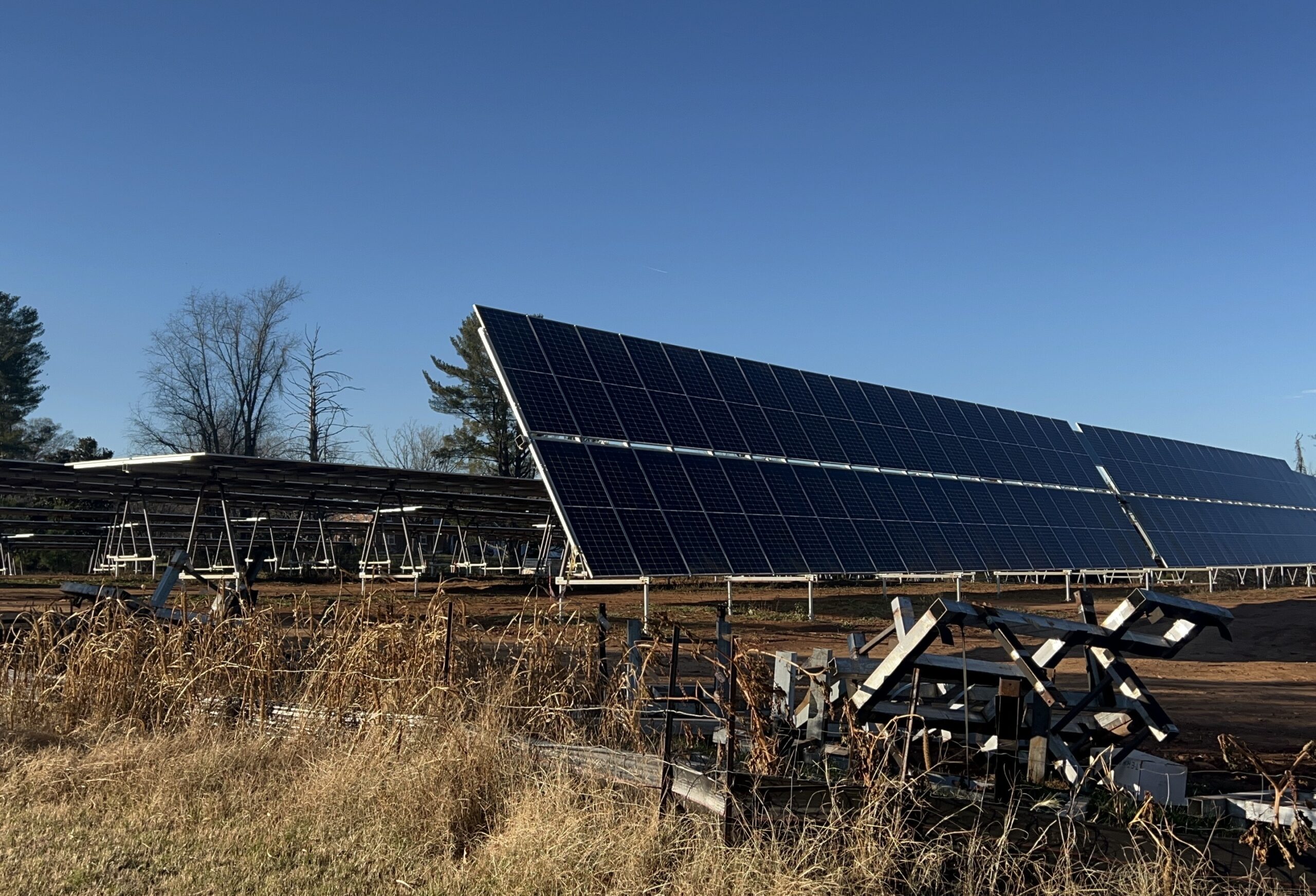(MONTREAL) — On an early December morning, students at English-speaking McGill University stroll down Rue Sherbrooke to grab a coffee at Second Cup, where their order is confirmed in French: “un latté au lait d’amande.” Across the street, Paragraphe Bookstore boasts an expansive English section, while the air buzzes with conversations in Creole, Arabic, Spanish, and Quebecois. This dynamic mix of languages and cultures embodies Montreal’s unique bilingualism and multiculturalism, key aspects that continue to draw Americans north.
More than 1 million Americans live in Canada for a variety of reasons, ranging from affordable education to multicultural richness. And, U.S. political events also often trigger increased interest in relocating, says Vancouver-based immigration lawyer Ryan Rosenberg.
Google searches for immigration procedures surged by 5,000% on Nov. 6, particularly from progressive states Kamala Harris won, such as Vermont, Oregon, and Washington. Familiar post-election statements also resurfaced in casual conversations in the U.S.: “It’s time to move to Canada!”
Due to geographical closeness, many expats living in Canada come from neighboring New York, Michigan, Washington and other northern states. In the last 20 years, the number of Canadian citizenship applications from U.S. citizens has tripled. Interest often surges during critical political events such as George W. Bush’s 2001 election and the 2003 U.S. invasion of Iraq, as recorded by Immigration, Refugees and Citizenship Canada.
“Seeing Trump back in office is truly heartbreaking.” says Jon Weisbecker, a Wisconsin native who came to Canada for graduate school. Initially drawn by the quality and affordability of higher education and Quebec’s unique multiculturalism, the political climate in the U.S. solidified his decision to stay. He recalls driving to the DMV in Vermont from Wisconsin the day after Trump’s victory in 2016 to change his license, a step in his journey toward permanent residency in Canada.
Rosenberg operates a separate website for American inquiries about moving to Canada, trumpugees.ca, which saw a surge in activity the day after the 2024 election. While inquiries decreased by December, Rosenberg expects another uptick following the inauguration (or an unexpected event spurred by Trump).
This isn’t the first time Rosenberg has observed increased interest in Canadian immigration tied to U.S. election outcomes. Similar spikes occurred after George W. Bush’s re-election in 2004 and Donald Trump’s election in 2016.
However, Rosenberg notes that “very few people put their money where their mouth is” because of several factors: the short four-year U.S. election cycle often leads people to reconsider uprooting their lives, paying taxes in both Canada and the U.S. can be very expensive, and for many, the lack of a job, loved ones, or deeper motivation beyond “the Trump factor” makes the move less appealing.
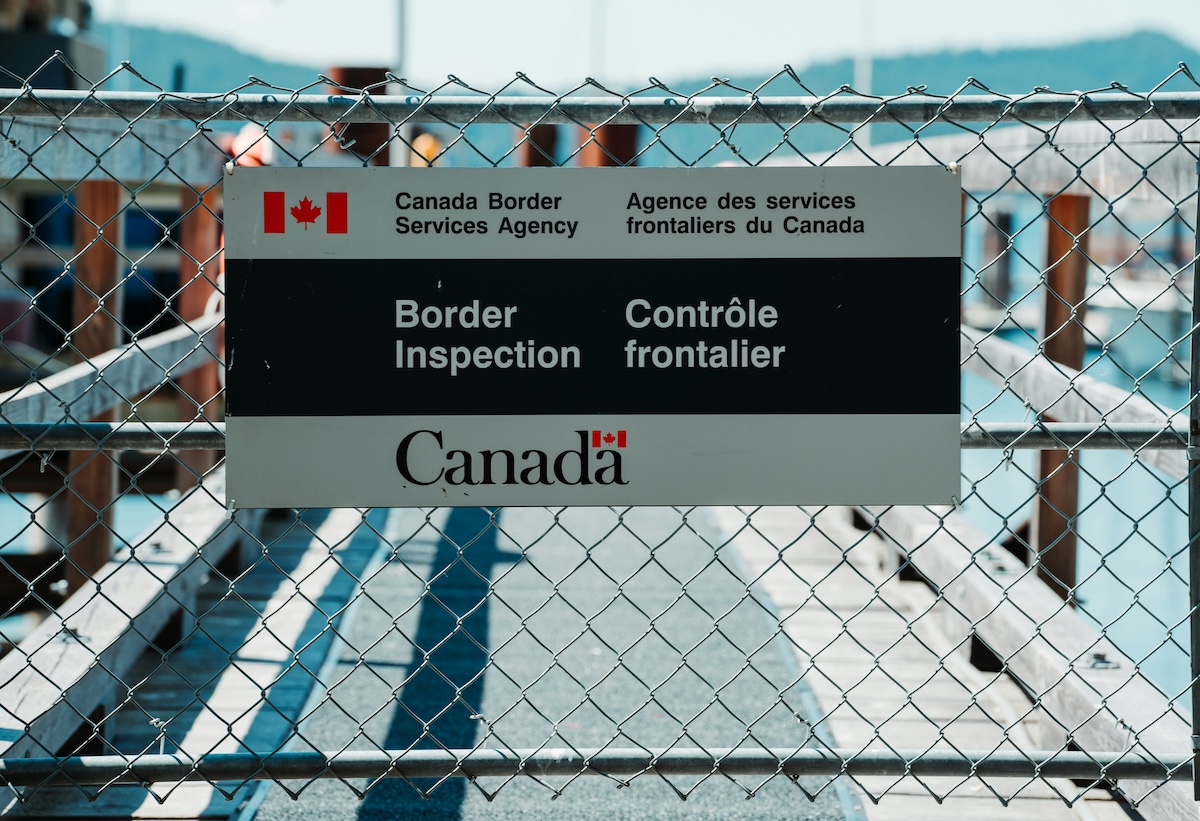
[Credit: Hermes Rivera/Unsplash]
The post-2024 election surge, however, differs from the ones in 2004 and 2016. The range of people making inquiries has broadened significantly. “In addition to ethnic minorities, the main group which made inquiries in 2004 and 2016,” Rosenberg says, “we’re seeing a mix of people, from just left of Trump on the political spectrum to the far left. The scope is much broader, and the volume is much higher. People are saying they simply feel like they do not identify with this country anymore.”
Beyond politics, many Americans are drawn to Canada to experience its unique international experience, especially in Quebec, where French is the official language. Its proximity to the U.S. border makes it easy to enjoy a quick trip back for dinner or to visit an English-speaking province.
U.S. citizens living in Canada often enter the country with student visas, open and closed work permits, and eventually permanent residency cards, which can lead to Canadian citizenship. However, obtaining permanent residency, a prerequisite for citizenship, is a lengthy and costly process: it can take up to two years and costs between $4,000 to $5,000 in legal fees.
Like other Canadian higher education institutions, McGill University appeals to American students seeking lower education costs without compromising academic excellence, with tuition averaging approximately $35,154.10 USD annually, less than half the cost of a top tier school in the United States.
“I chose Concordia University in Montreal for the city’s unique cultural blend,” says Brogan Lund from Texas. “The province of Quebec’s French influence creates such a fascinating blend of cultures. I especially loved the opportunity to speak a language other than English while still being in North America.”
